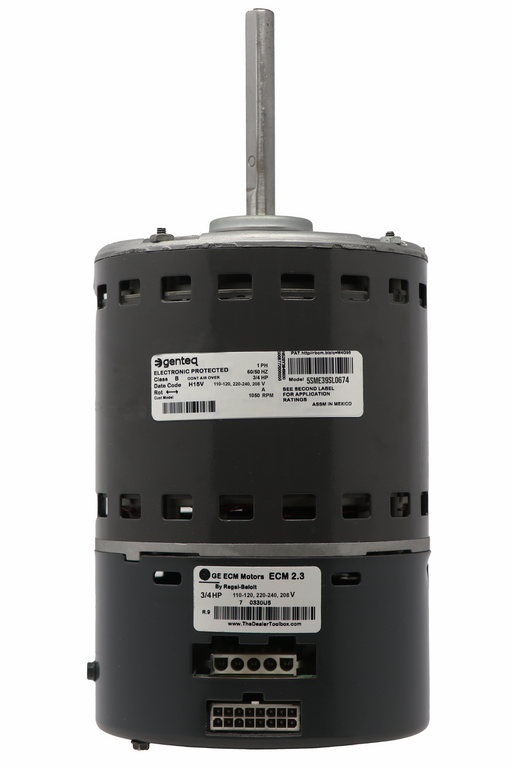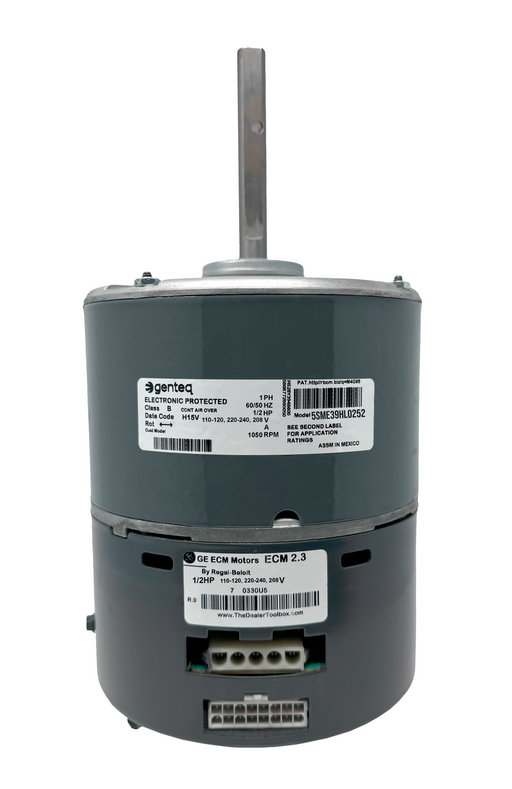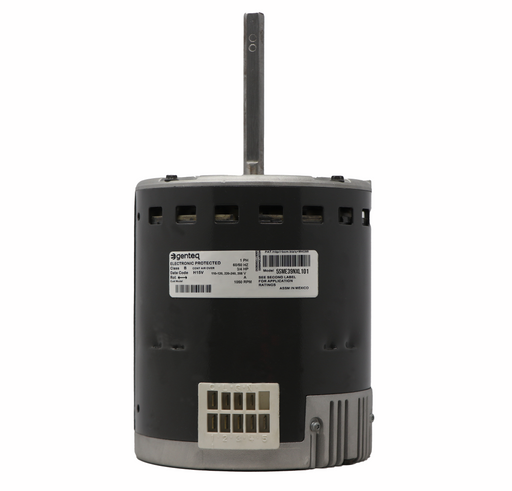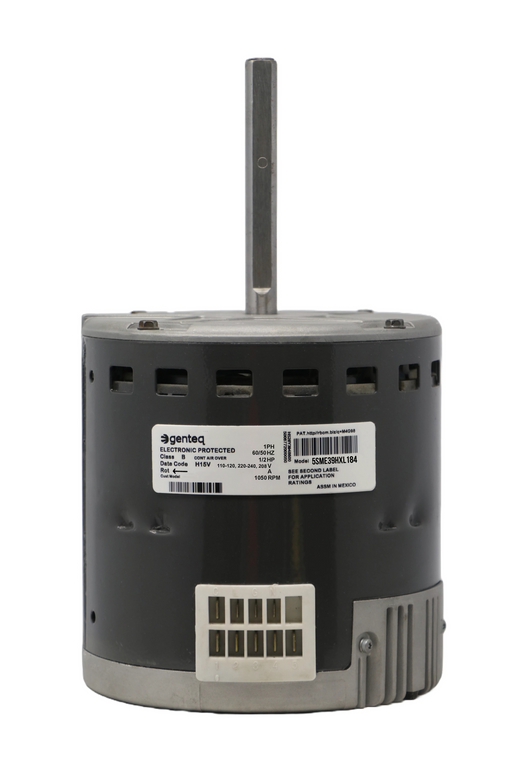(813) 440-8108

Why Is My HVAC So Loud? Common Causes & Fixes
A properly functioning HVAC system should run quietly, providing heating and cooling without disruption. If your system has become noticeably loud, it could indicate loose components, airflow restrictions, or mechanical problems. Ignoring these noises may lead to costly repairs or system failure.
This guide covers the most common causes of a noisy HVAC system and provides practical solutions to restore quiet operation.
Common Reasons Your HVAC Is Loud
1. Loose or Damaged Components (Rattling or Banging Sounds)
-
Cause: Over time, screws, panels, or motor parts can loosen, creating a rattling or banging noise.
-
Fix: Inspect the unit for loose screws or panels and tighten them. If the noise is internal, an HVAC technician should examine the blower motor and compressor.
2. Dirty or Clogged Air Filter (Whistling or High-Pitched Noise)
-
Cause: A clogged air filter restricts airflow, making the system work harder and increasing noise.
-
Fix: Replace the air filter every 1 to 3 months. Ensure the filter is properly installed to allow smooth airflow.
3. Blocked Air Vents or Ducts (Hissing or Whistling Sounds)
-
Cause: Closing too many vents or having blocked ducts can create pressure buildup, leading to high-pitched whistling.
-
Fix: Keep at least 80% of your vents open and ensure they are not obstructed by furniture or curtains.
4. Blower Motor Issues (Loud Humming or Buzzing Sound)
-
Cause: A failing blower motor or capacitor can struggle to operate efficiently, causing humming or buzzing noises.
-
Fix: If the noise originates from the indoor unit, the blower motor may need repair or replacement. An HVAC technician can also test the capacitor and replace it if necessary.
👉🏻 How to Test HVAC Blower Motor with a Multimeter: A Comprehensive Guide
5. Refrigerant Leak (Hissing or Bubbling Sound)
-
Cause: A refrigerant leak creates pressure imbalances and affects cooling performance.
-
Fix: This requires professional repair. If your system is making these sounds and struggling to cool, schedule an HVAC inspection immediately.
6. Compressor Problems (Loud Clicking or Clanking)
-
Cause: A failing compressor may produce clicking or clanking noises when starting or stopping.
-
Fix: If the compressor still functions but is noisy, minor repairs may resolve the issue. If it struggles to start, the capacitor or compressor itself may need replacement.
Remanufactured Motor by United HVAC Motors
2 Year Replacement Warranty (Terms Apply)
Plug n Play - 100% Programmed
Match your Motor Model N...
Remanufactured Motor by United HVAC Motors
2 Year Replacement Warranty (Terms Apply)
Plug n Play - 100% Programmed
Match your Motor Model N...
5SME39SL0674 GE Genteq Blower Motor ECM 2.3 3/4 HP
5SME39HL0252 GE Genteq Blower Motor ECM 2.3 1/2 HP
How to Reduce HVAC Noise and Maintain Quiet Operation
-
Schedule Regular Maintenance – Routine servicing prevents loose components and mechanical wear.
-
Replace Air Filters on Time – Clean filters improve airflow and reduce strain on the system.
-
Keep Vents Open & Unblocked – Proper air circulation prevents unnecessary noise and pressure buildup.
-
Check for Loose Panels & Screws – Tightening loose parts eliminates rattling sounds.
-
Upgrade Your Blower Motor – If the blower motor is failing, replacing it can significantly reduce noise.
A failing blower motor is often the source of loud operation. Upgrading to a remanufactured blower motor can restore efficiency at a lower cost than a new replacement. Browse extended-warranty blower motors here.
👉🏻 Troubleshooting an HVAC Fan Not Working: Common Causes and Solutions
Final Thoughts
A loud HVAC system is not normal and often signals an issue that should be addressed before it worsens. Whether the problem is caused by loose parts, airflow restrictions, or a mechanical failure, early detection can prevent costly repairs.
If your HVAC system remains noisy despite troubleshooting, a professional inspection can pinpoint the cause and recommend the best solution.
5SME39NXL101 GE Genteq Blower Motor ECM X13 3/4 HP
Remanufactured Motor by United HVAC Motors 2 Year Replacement Warranty (Terms Apply) Plug n Play - 100% Programmed Match your Motor Model N...
View full details5SME39HXL184 GE Genteq Blower Motor ECM X13 1/2 HP
Remanufactured Motor by United HVAC Motors 2 Year Replacement Warranty (Terms Apply) Plug n Play - 100% Programmed Match your Motor Model N...
View full details





